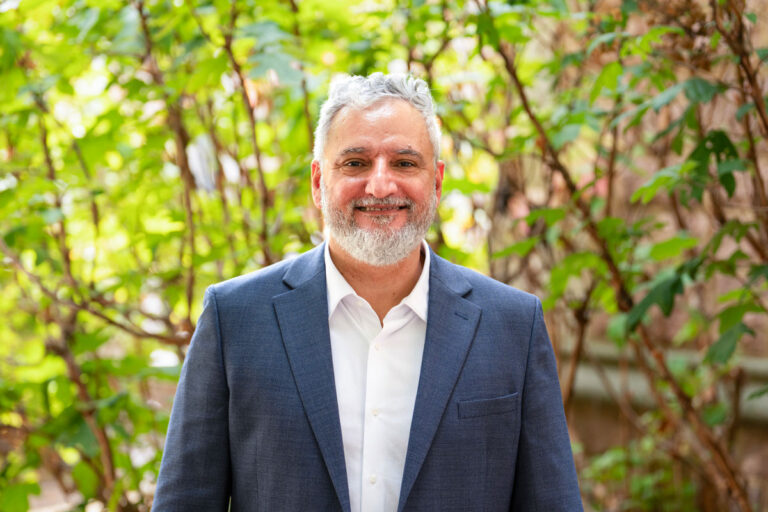Rodrigo Siqueira Reis was running in a park in Curitiba, Brazil, on a weekend morning when he realized he had spent years approaching health backward. Around him, people were playing pickup soccer, jogging, and walking. They were simply living in a space that made movement natural, joyful, and free.
In contrast, at the clinic where the exercise physiologist worked, patients cycled through a revolving door. “They would leave the clinic and come back and leave the clinic and come back — and never change,” said Reis, MS, PhD, now a professor of public health at Washington University School of Public Health in St. Louis.
Within days of the realization he had while running, he quit his job and enrolled in a graduate program in physical activity and health to study parks.
That decisive moment set Reis on a path that eventually would lead him to help shape, with Brazil’s Ministry of Health, nationwide initiatives that included community-based interventions, evidence-based public health training, and plans regarding surveillance of noncommunicable diseases.
